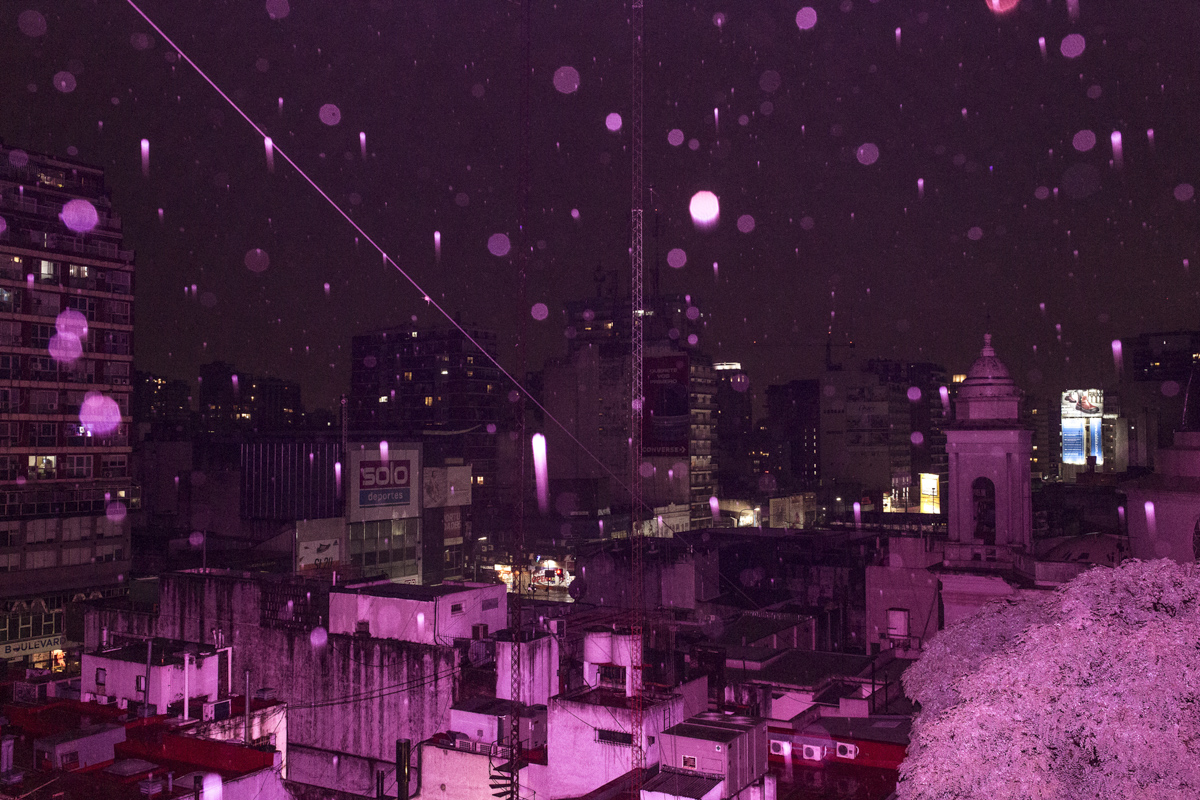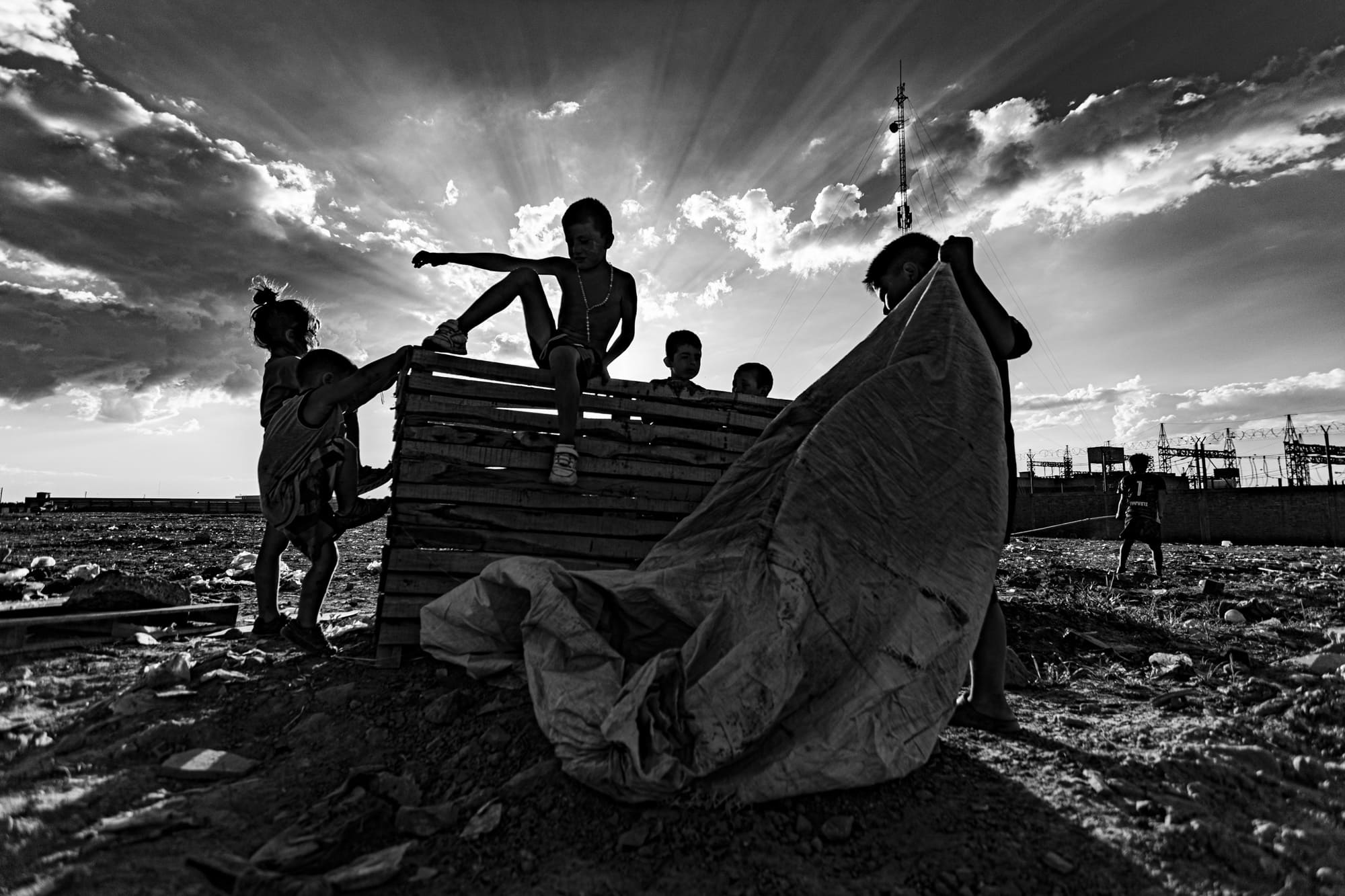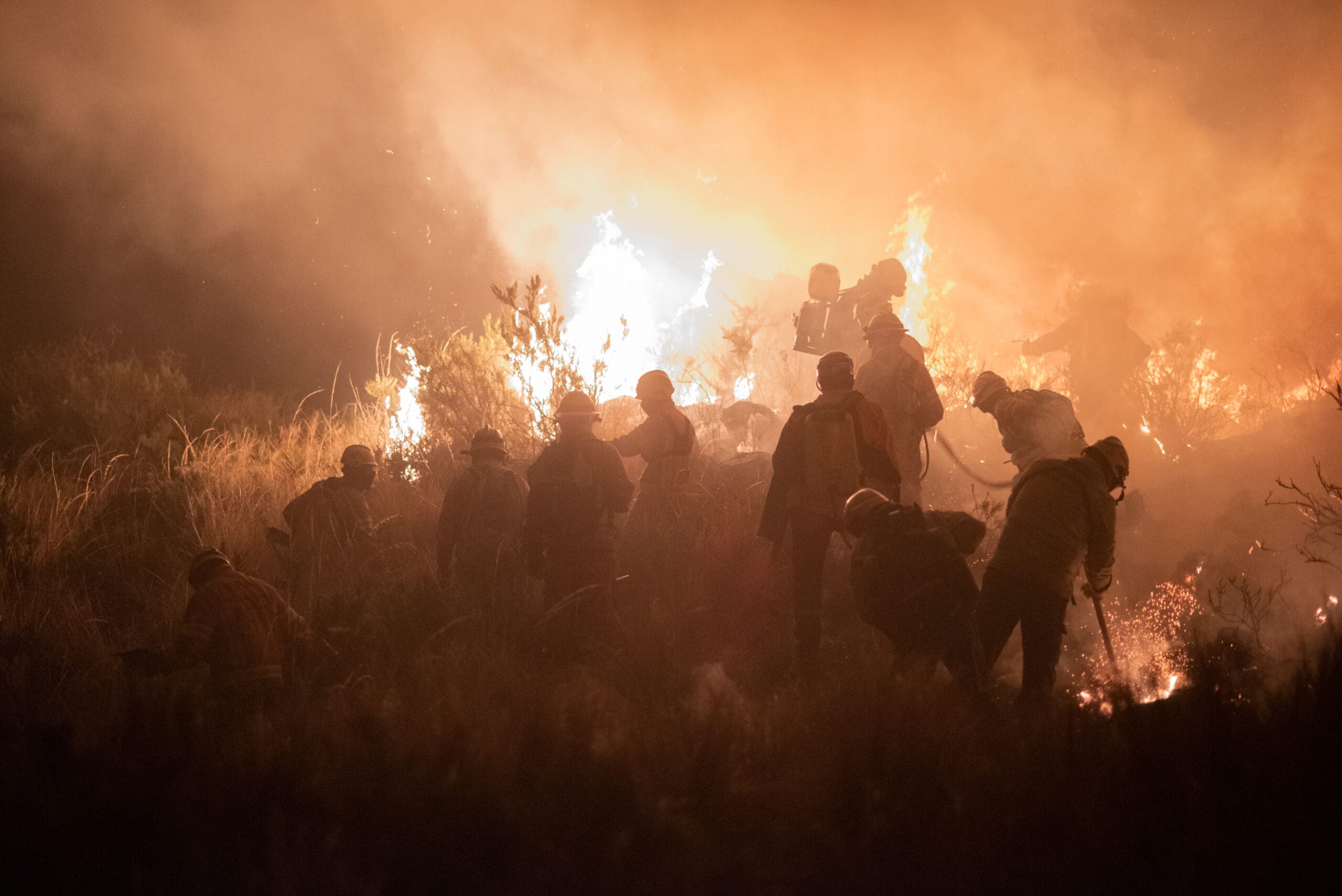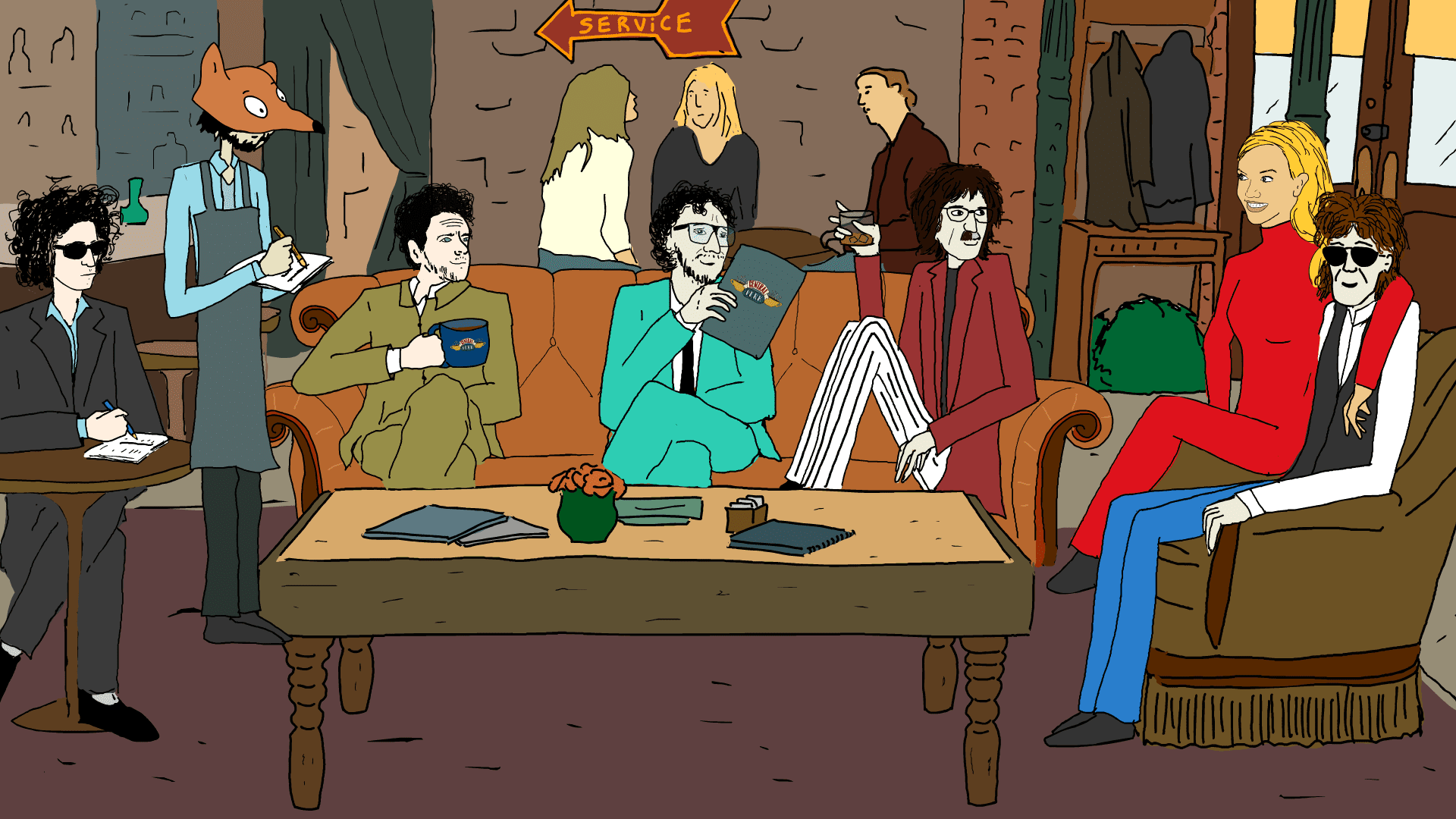Ayün is a collective of women photographers and storytellers that develops projects on human rights, identity and territory. We seek solutions and promote changes through narration through photography, enhanced with different artistic disciplines. We are a symbiosis of female voices that came together to diversify the way we tell the stories of our territories. The eight photographers have a common link to Latin America, either as a place of birth, residence or work.
We get together to construct a strong community and sisterhood. Together we complement, support and work from an intimate and feminine perspective. Some of us needed a home within photography, others someone with to share ideas and think new ways of narrating. The decision to organize ourselves as a collective comes from the certainty that everything is more than the sum of its parts. If we transfer this belief to the Latin American continent, which is where we develop almost all of our projects, the scope of our way of telling stories is magical and infinite. We trust this approach.
The word Ayün comes from the Mapudungun language of the Mapuches, Latin American natives, it means “to love”, but its etymology is “to see the light of the other.” In other words, for the Mapuches, love implies an ability to discover and appreciate your neighbor. That defines us as a collective exactly.
Our first joint project is supported by a National Geographic Society grant to document the pandemic, each one from our territory but with the same focus: the relationship between human beings and nature. We address this relationship in three chapters: the intimacy of the house, the return to nature and the impact of being human on it. While the COVID-19 pandemic has slowed human activity, nature has thrived in our absence, providing a brief look at the steps that can be taken to curb damage to the environment. According to leading biodiversity experts, this pandemic is directly related to the human impact on the planet.
This unprecedented moment shows that we are undoubtedly interrelated with nature and that a balanced human population depends on a balanced planet. As cities reopen, travel restrictions ease, and COVID-19 cases decline around the world, we are at a critical crossroads. If we don’t pay attention to these lessons in the future, we will ultimately fail ourselves.
Our project explores the problems that led to the pandemic, such as environmental exploitation, overpopulation, pollution, and detachment from nature, as well as solutions. While most of the stories come from Latin America, one of the world’s most biodiverse regions, some extend further afield, ensuring a more global perspective.
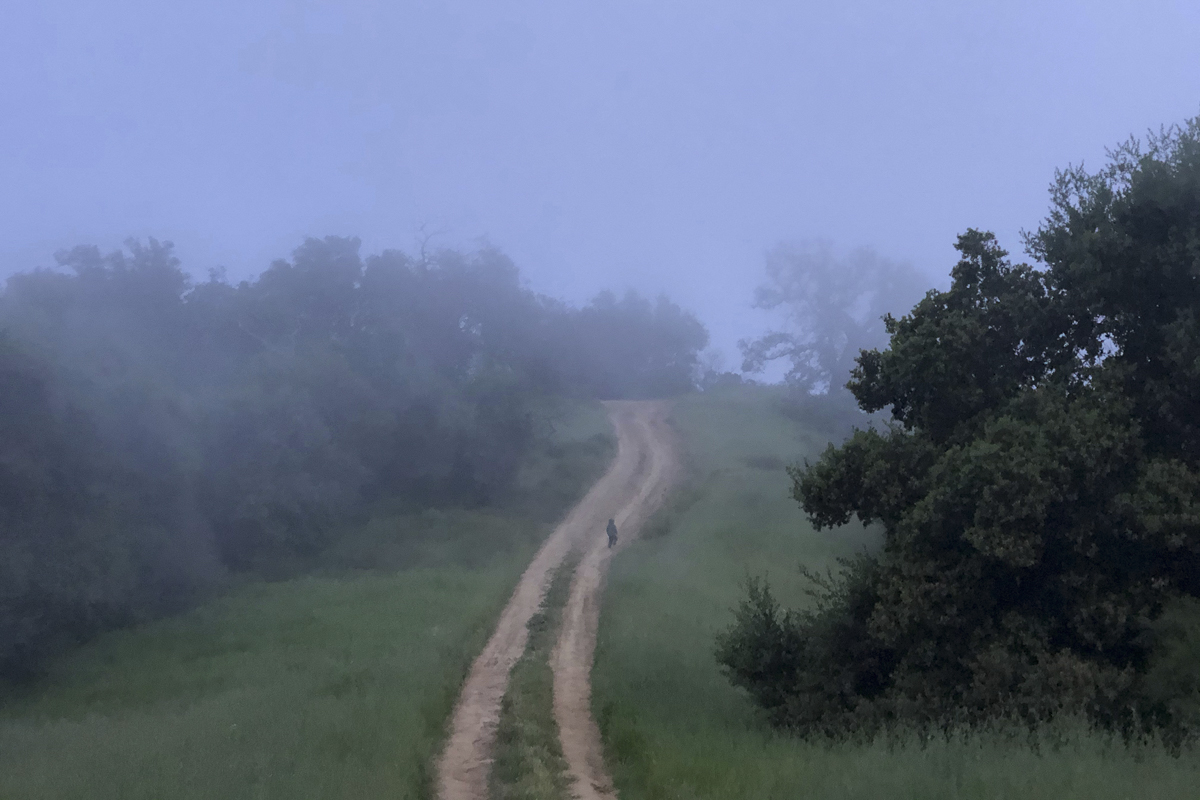
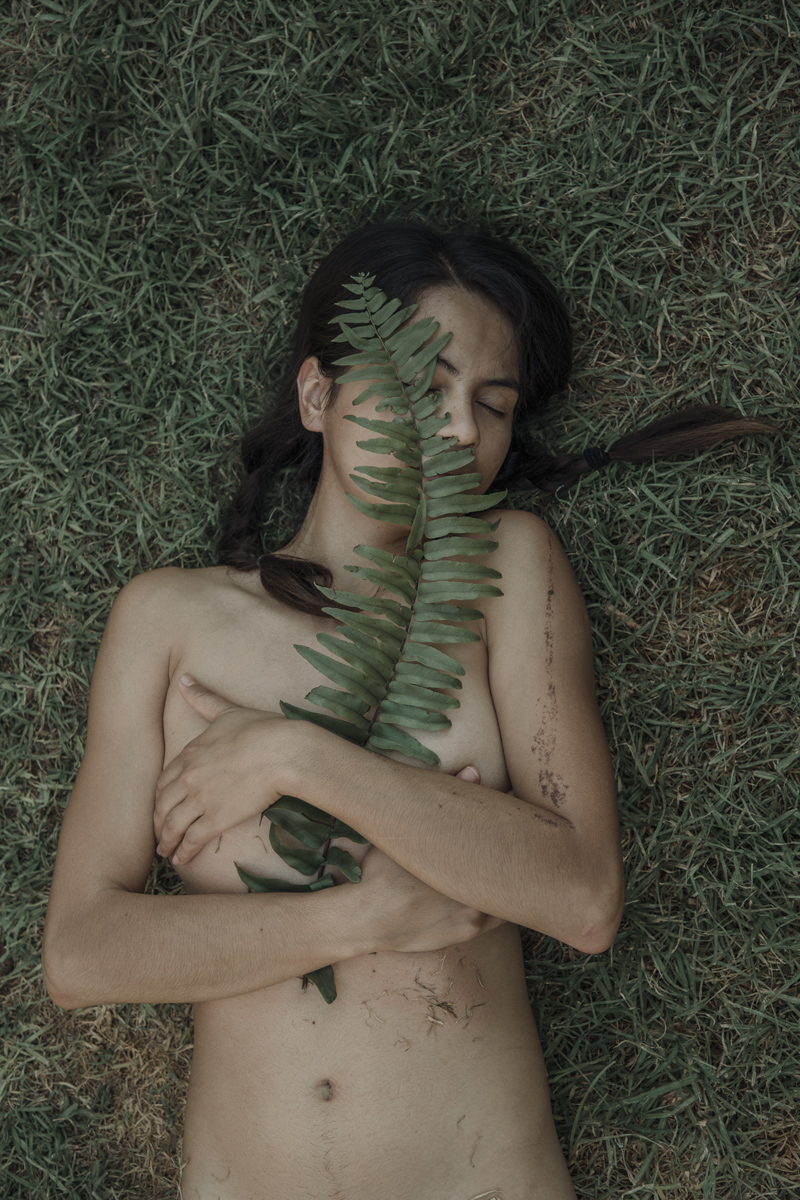
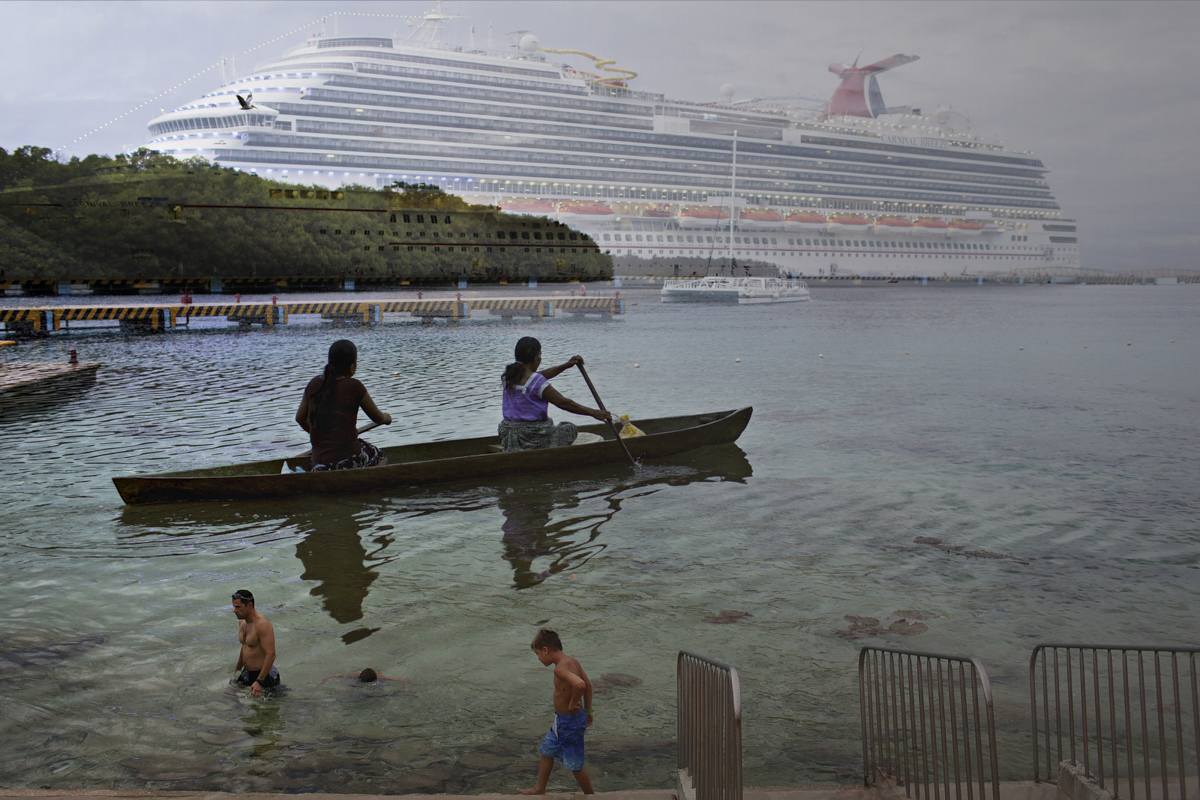
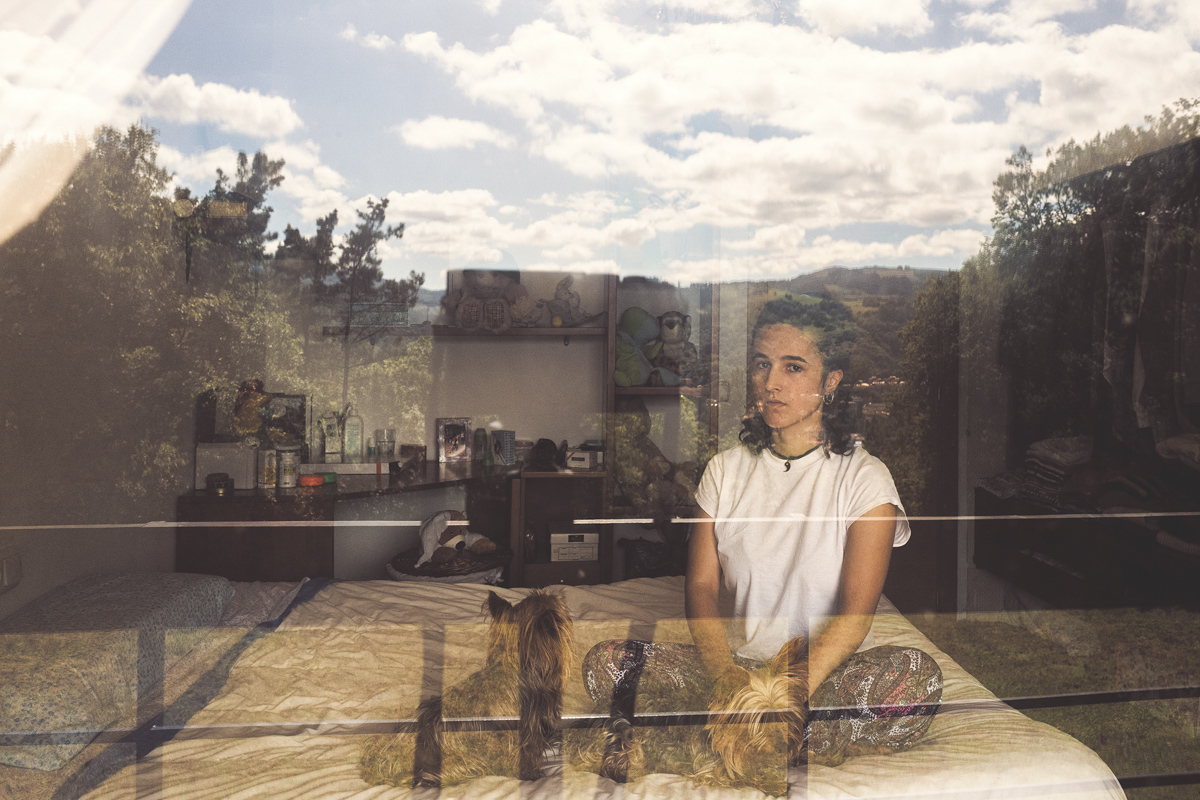
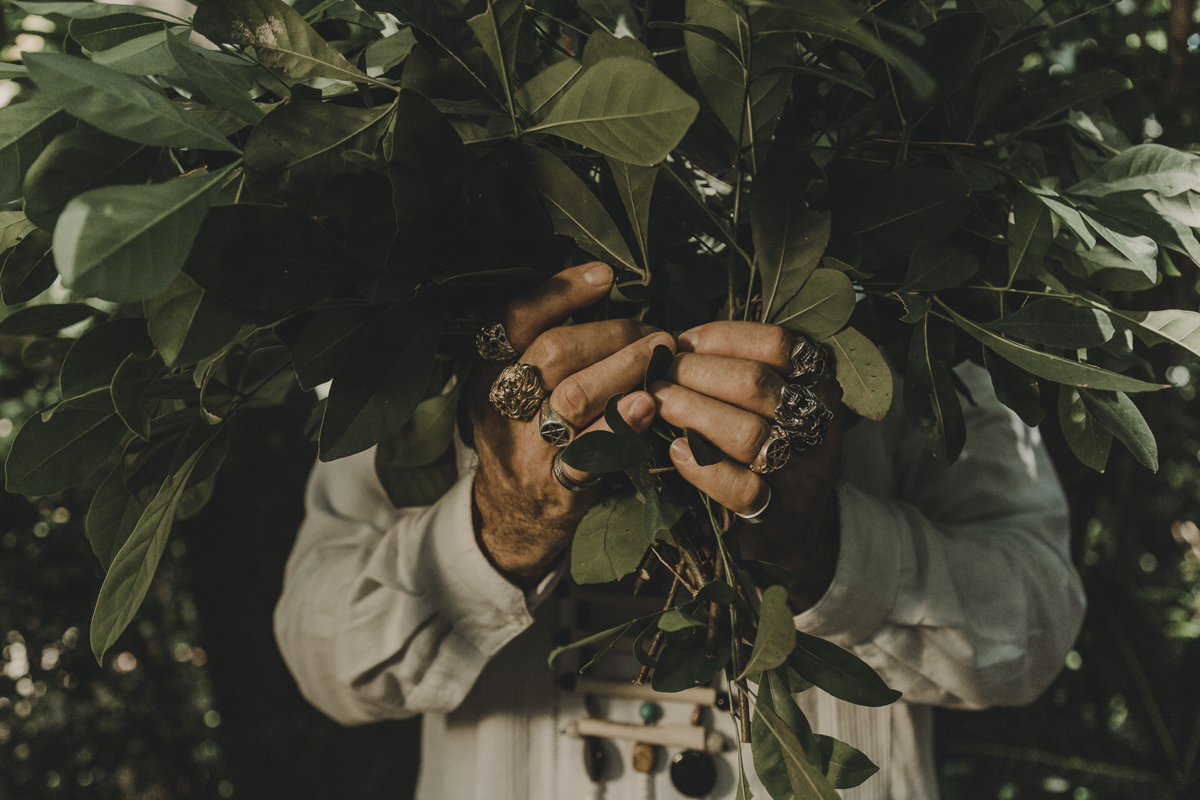
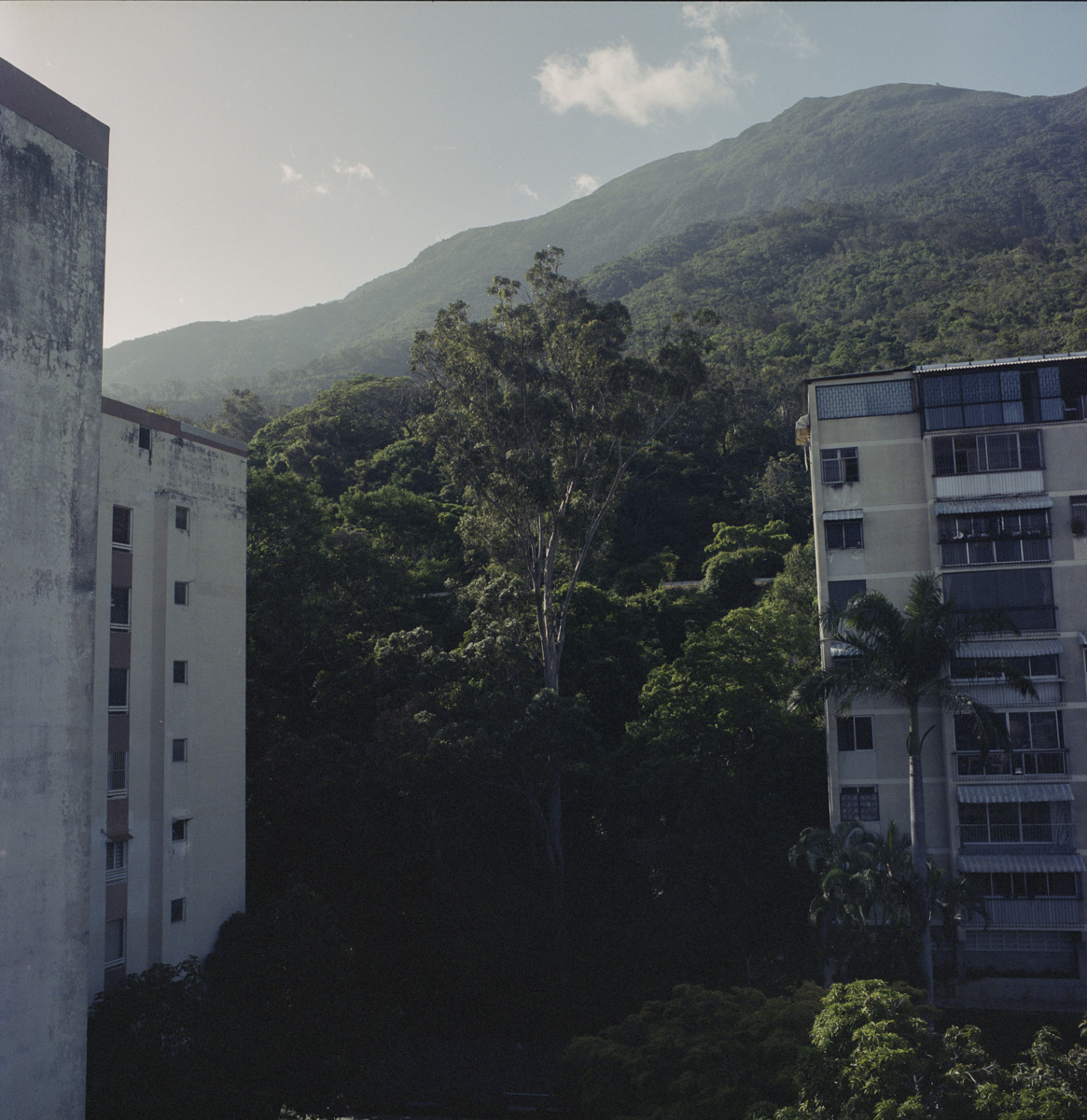
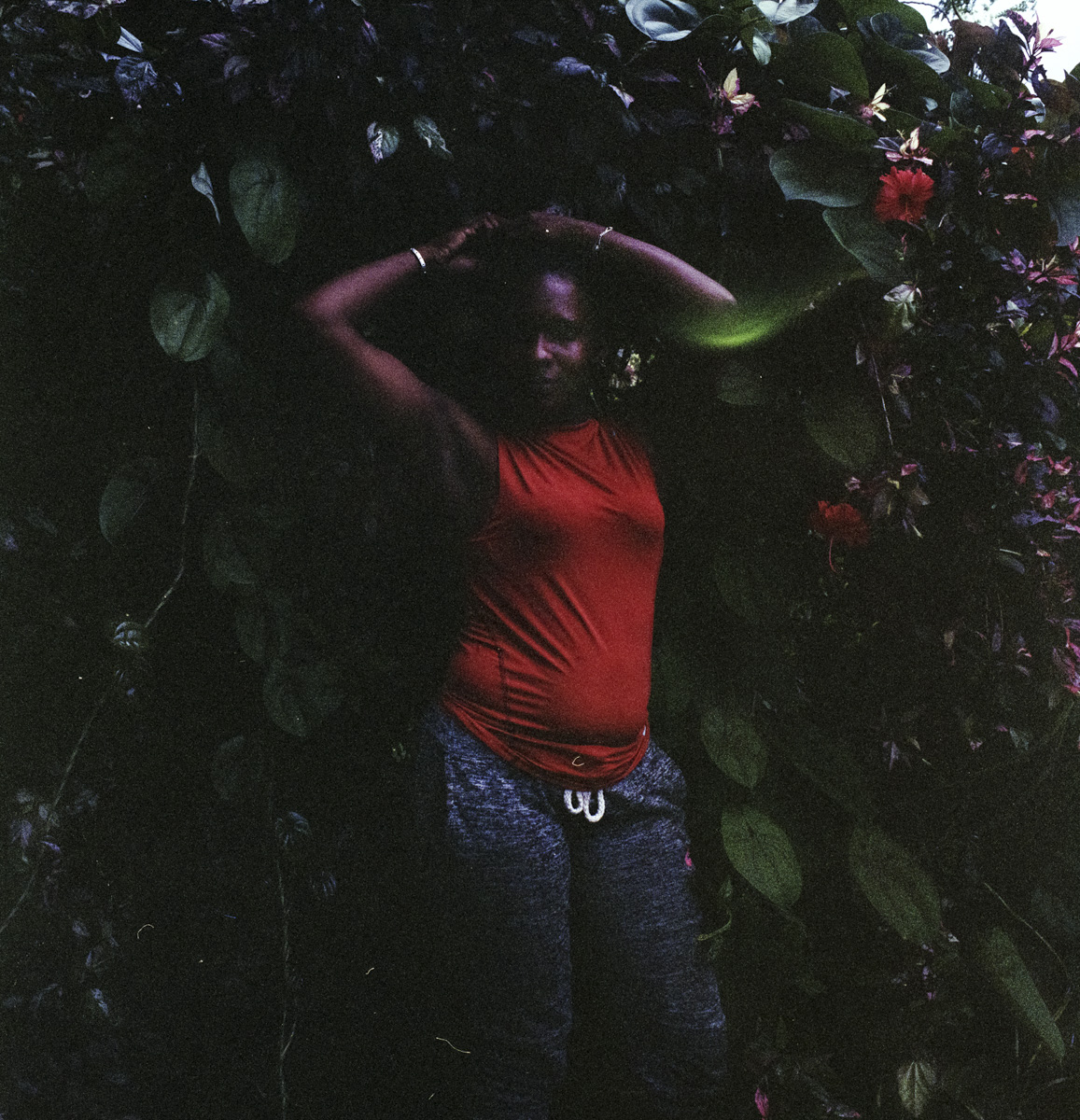
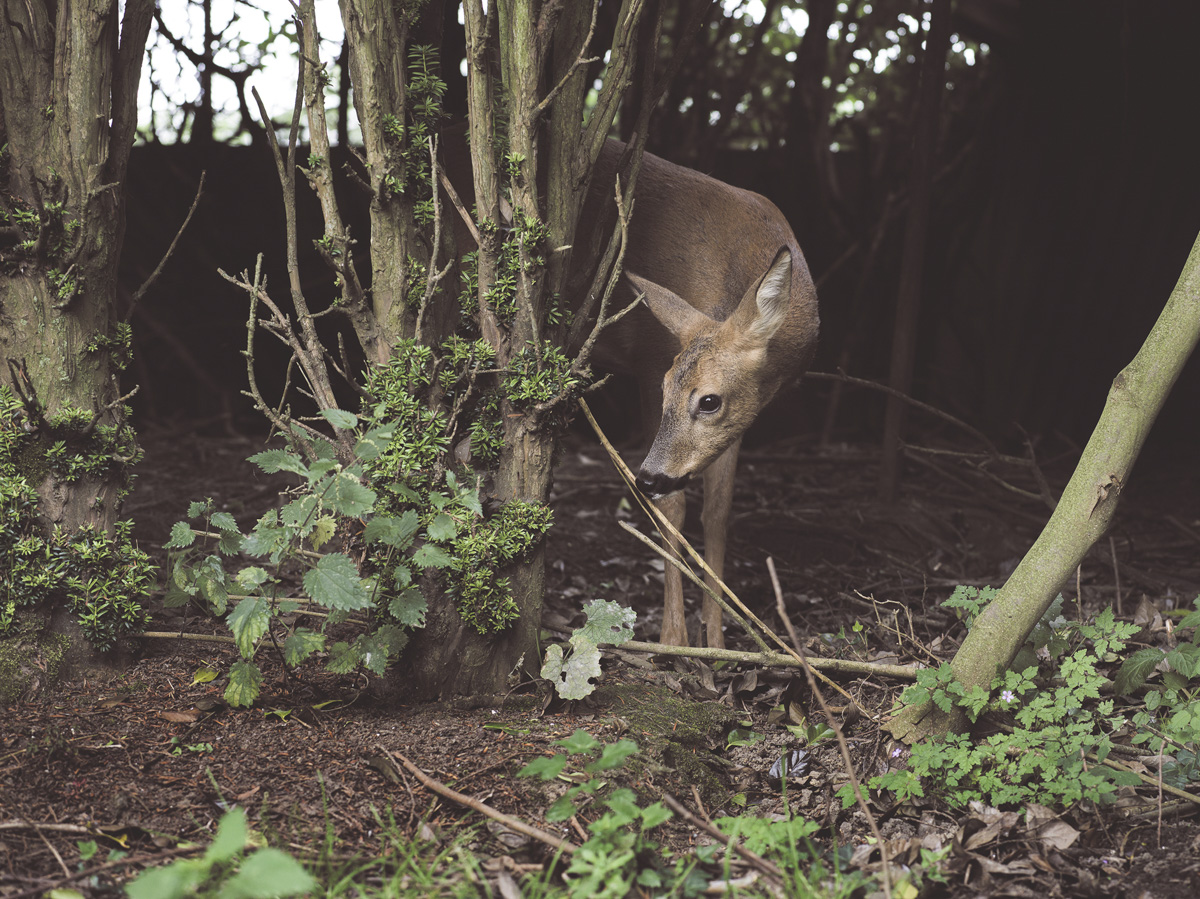
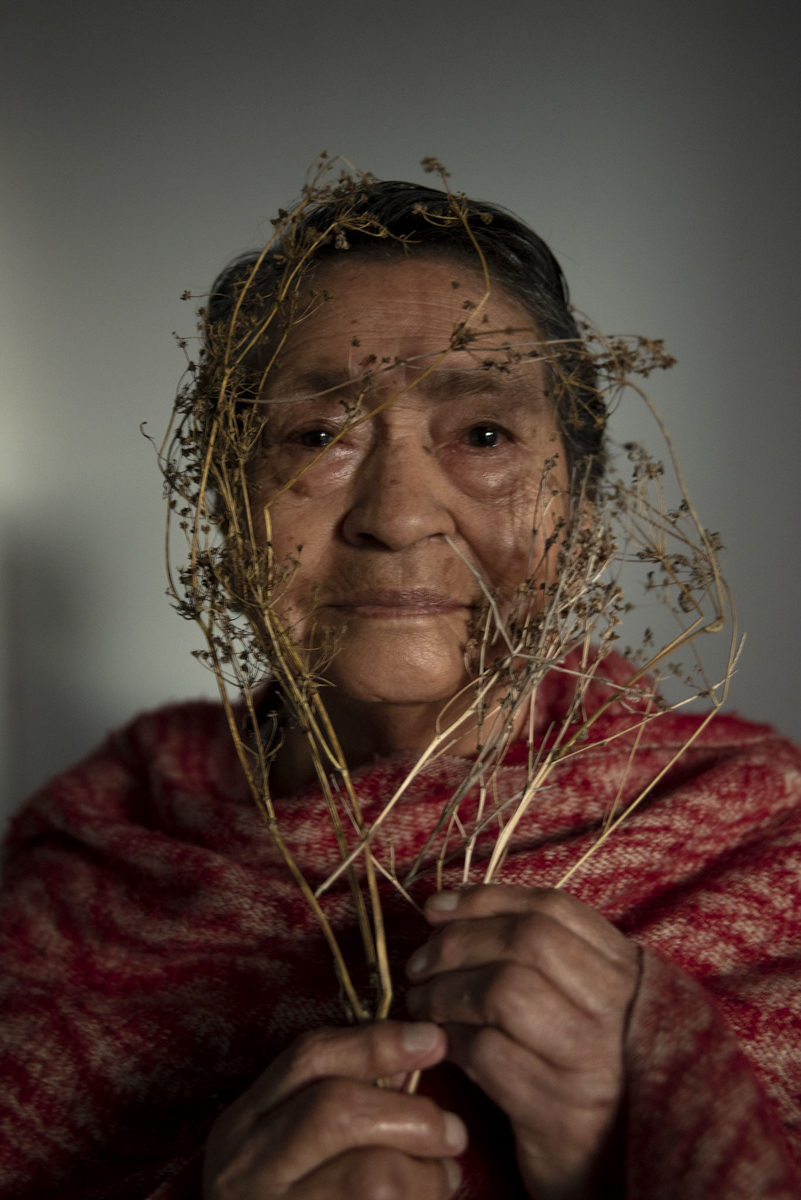
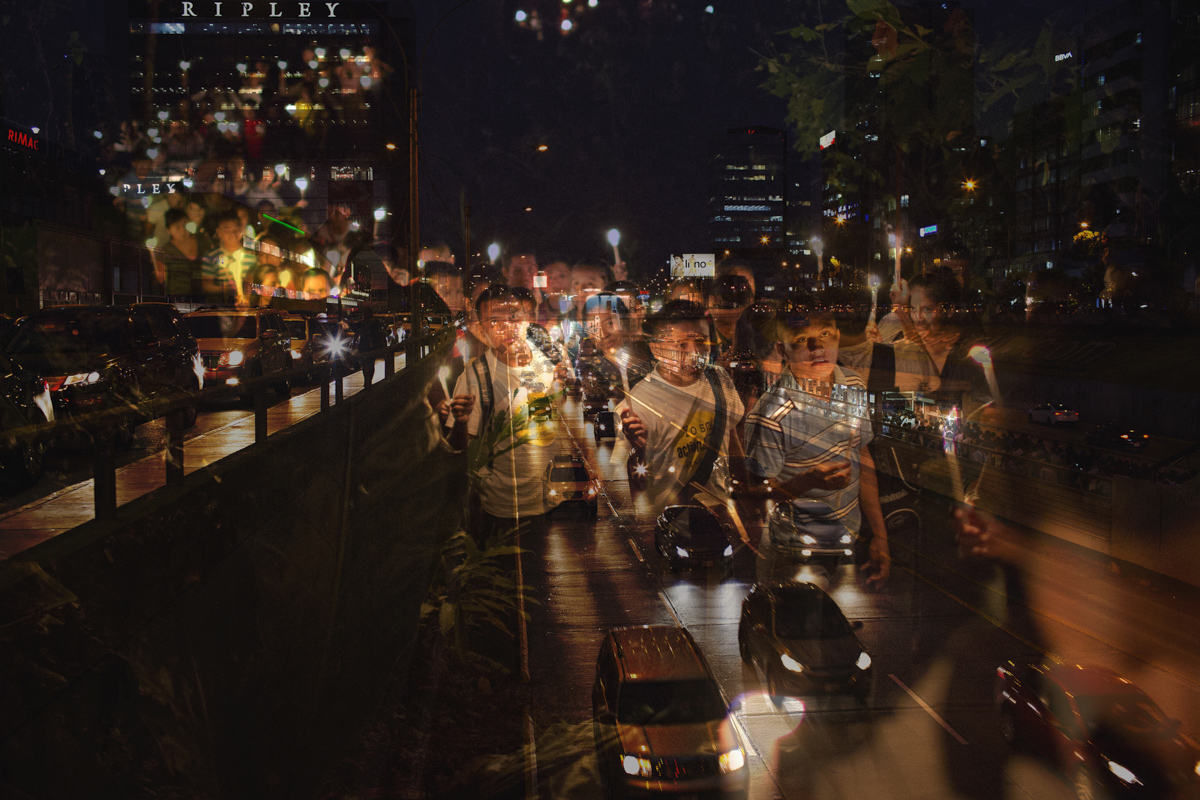
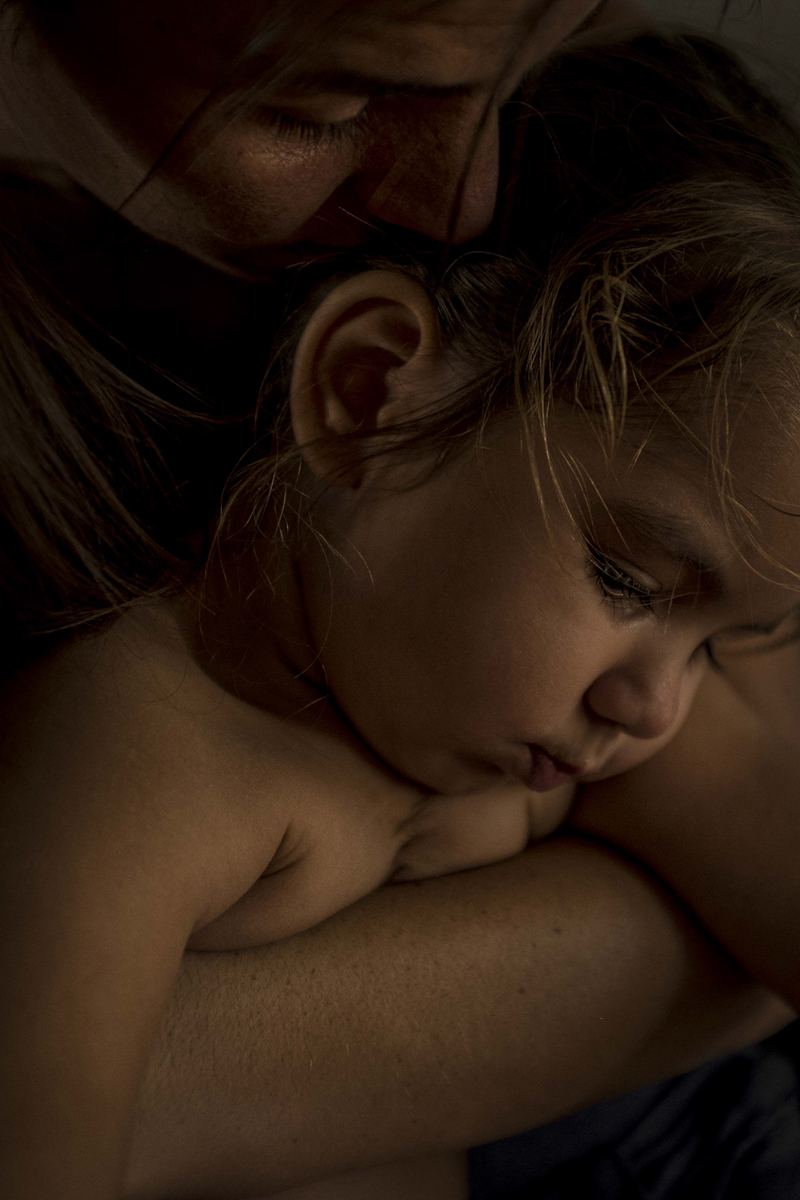

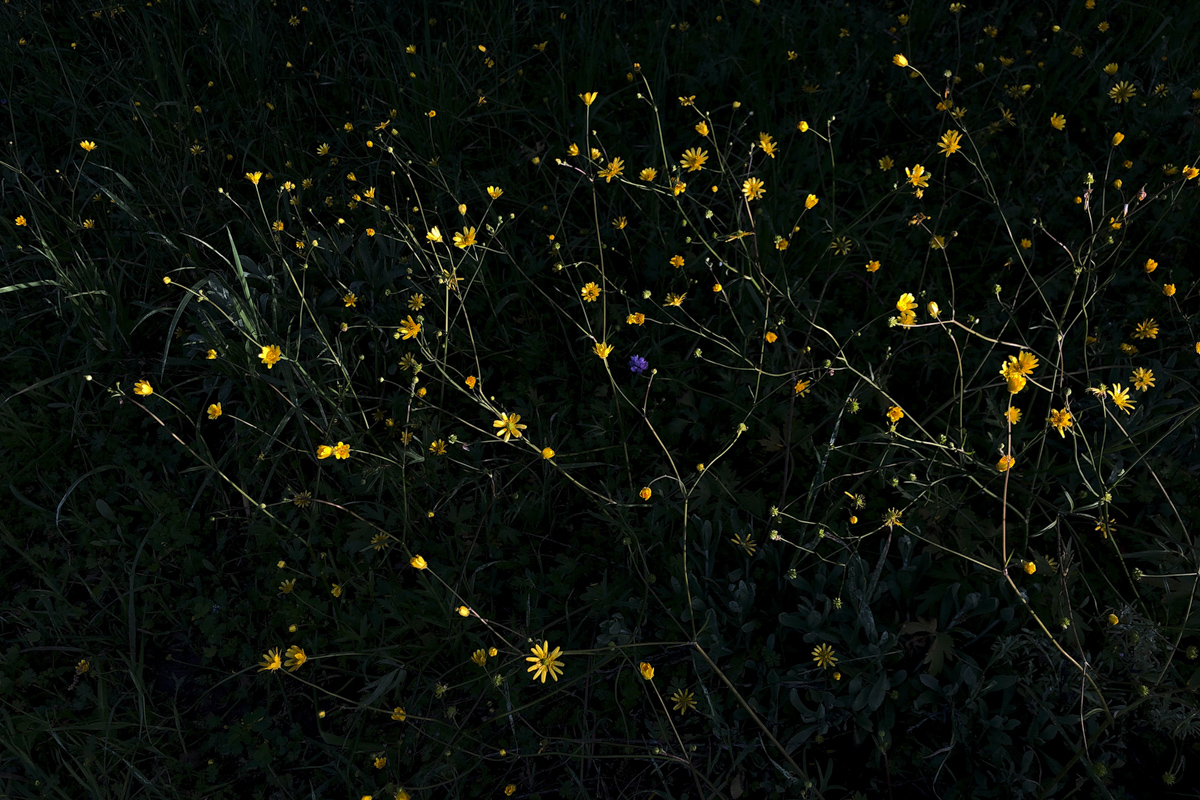
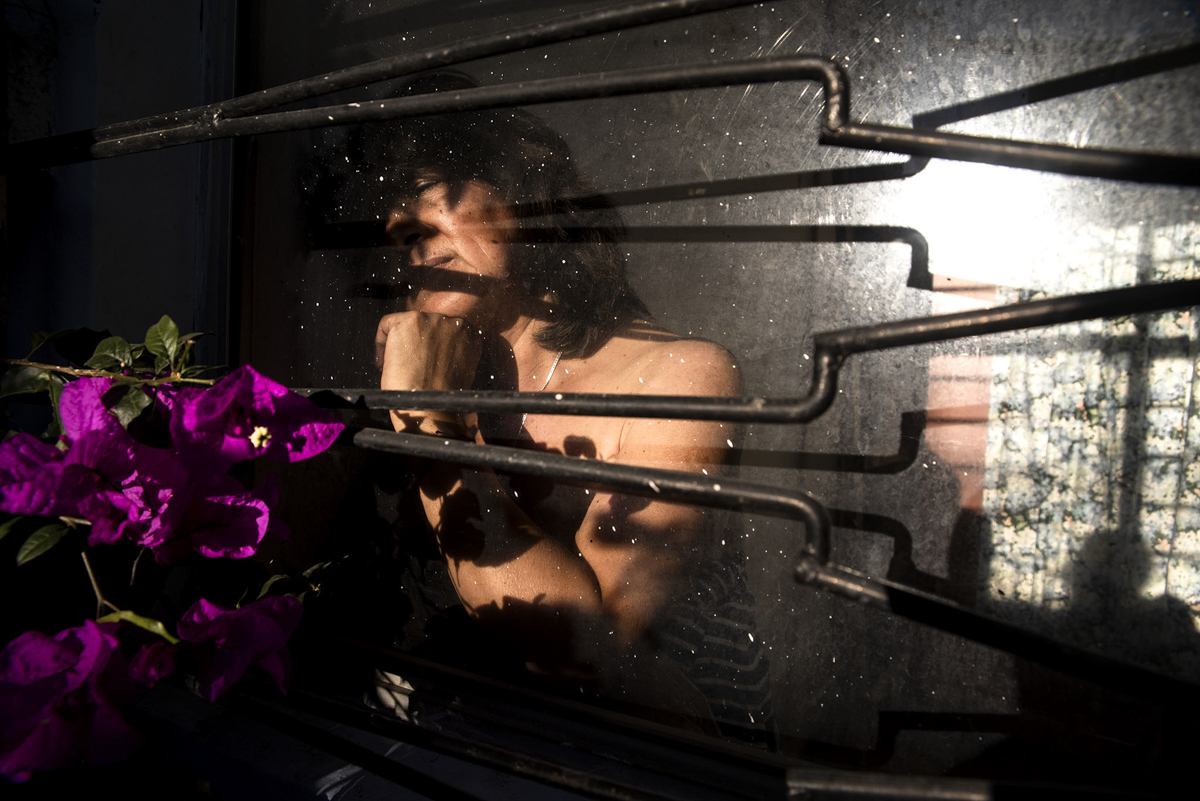
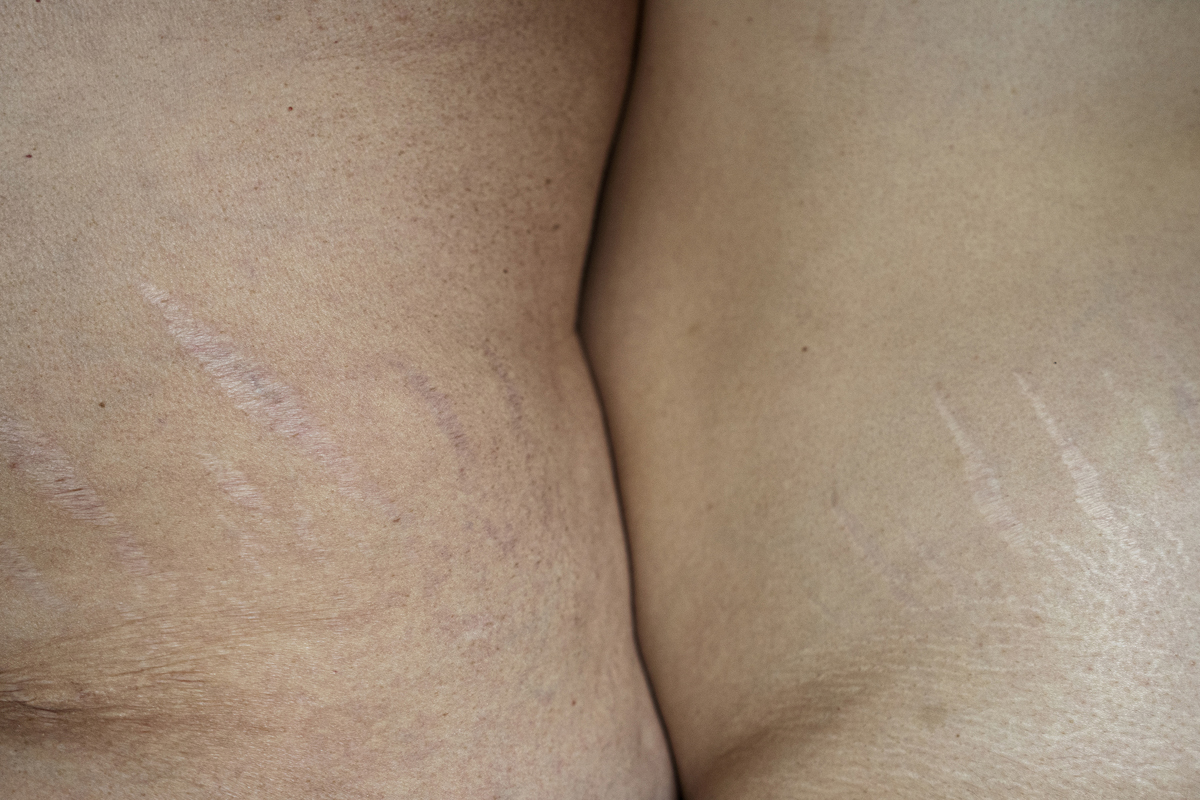
Members
Ana María Arévalo
Venezuelan photographer with a special interest in long-distance documentary style. The meaning of life project with which she portrays this fight against cancer follows in the wake of previous works such as Eternal Days, an exploration of the situation of women in Venezuelan detention centers. Her work has been published by international media such as The New York Times, LFI Magazine, Libération, El País Semanal or Der Spiegel.
Andrea Hernández Briceño
Venezuelan photographer and National Geographic Explorer based in Caracas. In 2017 she was awarded a scholarship to study at ICP in New York. In 2019 she was selected as one of the 30 Under 30 Women Photographers by Artpil, included in the list of PDN’s 30 New and Emerging Photographers and in Artsy’s list of 20 Emerging Photographers. At the end of the year, she was a speaker at the Photoculture Festival in Colombia, a mentor at the 20 Photographers workshop in Guatemala, and a finalist for the Alexia Foundation professional scholarship. She is also a fellow of the International Women’s Media Foundation. She collaborates with publications such as The Washington Post, El País and Buzzfeed News, among others.
Danielle Villasana
Villasana is based in Istanbul, Turkey, from where he travels to countries around the world to document the situation of human rights, women, identity issues, population displacements or health systems. Her work has been published by media such as the New York Times, National Geographic and Washington Post, and has been recognized by the International Women’s Media Foundation, Magnum Foundation among others. In 2018 she published her first photobook: A Light Inside (Editorial FotoEvidence).
Johis Alarcón
Freelance photojournalist and photodocumentalist based in Ecuador, focused on social, cultural, human rights and gender issues. Selected for Joop Swart Masterclass (2020) and 6×6 Global Talent South America from World Press (2019). Her work has been published in media such as: New York Times, National Geographic, Bloomberg, Volkskrant, Courrier Magazine, El País, among others. She has been selected for the New York Times Portfolio Review, her work has been exhibited at the Photoville Festival and at the 2nd Latin American Photography Meeting organized by the Bronx Documentary Center. She was a tutor in the 20 Photographers Bolivia camp. She is currently working on her personal projects, assignments, and as an educator.
Karla Gachet
Karla Gachet has over fifteen years of experience documenting cultural and environmental histories primarily in North and South America. She has published her work in media such as National Geographic Magazine, Smithsonian, The New York Times, among others. She is the co-author of two books: Minimum Stories: From Ecuador to Tierra del Fuego (2009) and Gypsy Kings (2012). Her work has been awarded in competitions such as World Press Photo, POY and POYi Latin America. She was a teacher at the Universidad de Las Américas in Quito and has taught photography and editing workshops throughout her career.
Mariceu Erthal
Photographer based in Mexico. Her work fuses documentary and interpretive photography with poetry and narrative writing. It addresses issues such as territory, migration, human vulnerability and violence, using processes of self-exploration and empathy as tools for reflection. She was one of six female narrators selected in the World Press Photo’s 6×6 Global Talent Program in North and Central America 2019. She has published in media such as The Guardian, The Marshall Project, among others.
Sarah Pabst
Documentary photojournalist born in Germany and based in Buenos Aires, Argentina. Her intimate and personal gaze focuses on women, identity, human rights and environmental issues. She has received numerous international awards such as the Lensculture Emerging Talent Awards, the Organ Vida Festival or the POY LATAM and her work has been published in media such as The New York Times, Financial Times Magazine, The Wall Street Journal and Der Spiegel. Her work has been exhibited in individual and group exhibitions in Argentina, Germany, USA, Greece, Croatia and France, among others.
Tamara Merino
Chilean-based documentary photographer and visual storyteller who focuses on human and socio-cultural issues, identity, and underground communities. Her work has been published in multiple magazines, including National Geographic, The New York Times, The Washington Post, Der Spiegel, among others. Merino is this year’s winner of the Inge Morath Magnum Award. Other honors include being a participant for the World Press Photo Latin America Masterclass, for the New York Times Portfolio Review, PDN’s 30, World Press Photo’s 6×6 Global Talent Program and the IWMF. Her work has been exhibited internationally at Photoville and at World Press Photo exhibitions in the United States, Germany, and Myanmar, among others.
